As far as the ethics of documentary filmmaking go, the blatant bias of Abacus: Small Enough to Jail could be considered a pretty serious flaw. That having been said, director Steve James’ open manipulation of his audience is in service of a noble purpose, and one with which it’s hard to find fault — in telling the story of the sole bank to face indictment in the wake of the 2008 subprime mortgage crisis, James is encouraging us to think about all the banks that were never charged and how they got away with it.
The real question, however, is what the nature of that financial collapse entailed and how Abacus factors into the equation. The film focuses on the Sung family, proprietors of the titular Abacus Federal Savings Bank — a small operation headquartered in Manhattan’s Chinatown, catering predominantly to that community’s population of immigrants. When an Abacus loan officer’s malfeasance came to light in 2009, the bank took the appropriate steps by firing the employee and reporting his fraudulent activities to the authorities. What followed was a lengthy legal imbroglio that ensnared the entirety of Abacus, initiated by prosecutors anxious to appear tough on white-collar crime — an increasingly ludicrous proposition given the context of the massive bailouts granted to larger financial institutions guilty of much more severe and systemic impropriety.
James draws direct comparisons between Abacus founder Tom Sung and Jimmy Stewart’s George Bailey from It’s a Wonderful Life, and if those comparisons come across as a bit heavy-handed, they don’t seem to be too far from the mark. As Sung and his adult daughters — also working in executive positions at the bank — fend off an increasingly dehumanizing prosecution, questions of misguided motivations and prejudice on the part of the prosecution are justifiably raised. While James’ position on the Sungs is clear, it’s also a bit myopic — but by putting a human face on the abstract intricacies of an economic crisis, he manages to cut through much of the intellectual hand-wringing that continues to muddy the waters when complex discussions of culpability surrounding the 2008 meltdown are raised.
The story is an infuriating one, and the lack of logic underlying the efforts the New York District Attorney’s Office to present Abacus as a scapegoat for the entire financial sector’s misdeeds boggles the mind. The film is less about the financial crisis itself than it is about the utter ineffectuality of the criminal justice system, and the treatment the Sungs faced at the hands of one inept bureaucracy trying to make up for its failure to adequately address another is genuinely appalling. Anyone who doesn’t get pissed off watching this film isn’t paying attention.
Abacus is by no means James’ best work as a documentarian — it lacks the engaging intimacy of his Roger Ebert tribute Life Itself, and it doesn’t come close to touching the immediacy and impact of Hoop Dreams. But his subject is undeniably important, and using the Sungs’ ordeal as a lens through which to examine broader problems endemic in our society is a valid approach. While it feels as if he’s only skimming the surface of a much deeper and dirtier topic, James has provided a useful vantage point from which to begin re-examining the seedy underbelly of a culture averse to accountability, at least for those wealthy and powerful enough to play by a different set of rules than the rest of us. Not Rated. Now Playing at Grail Moviehouse.



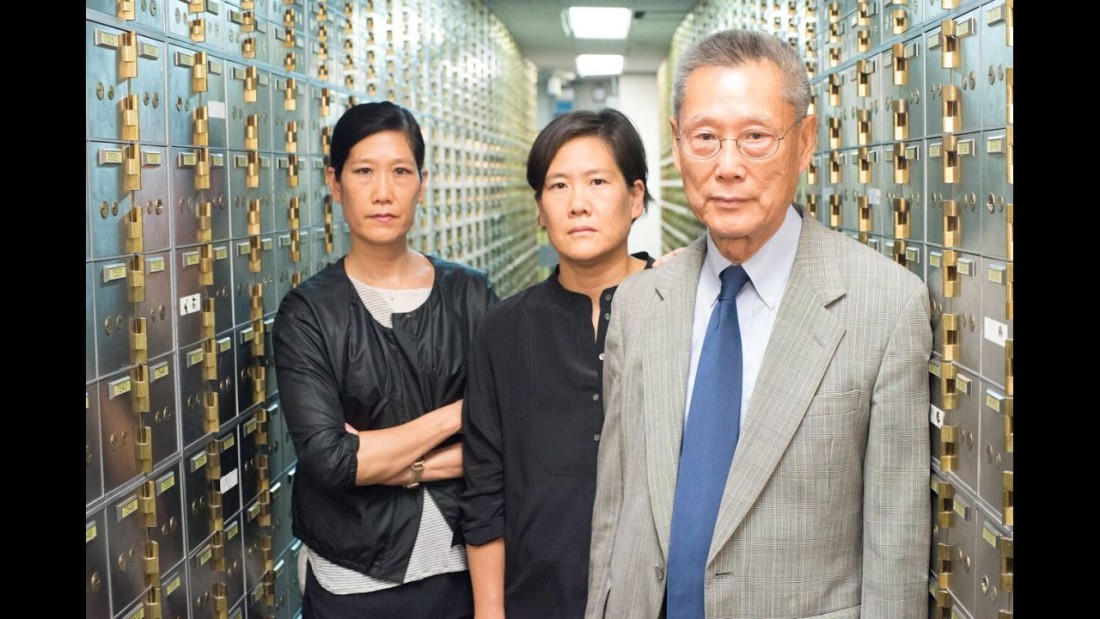
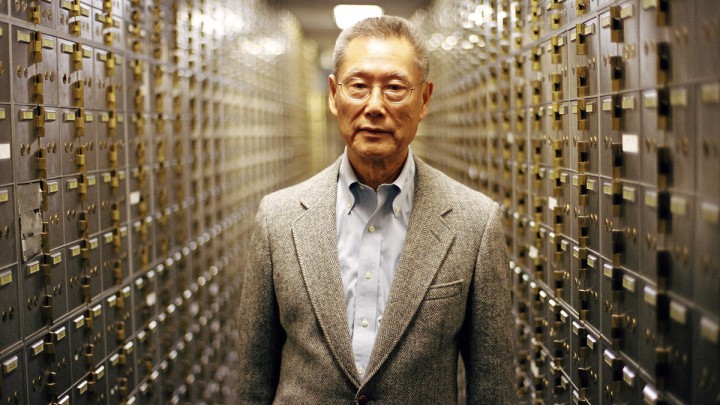
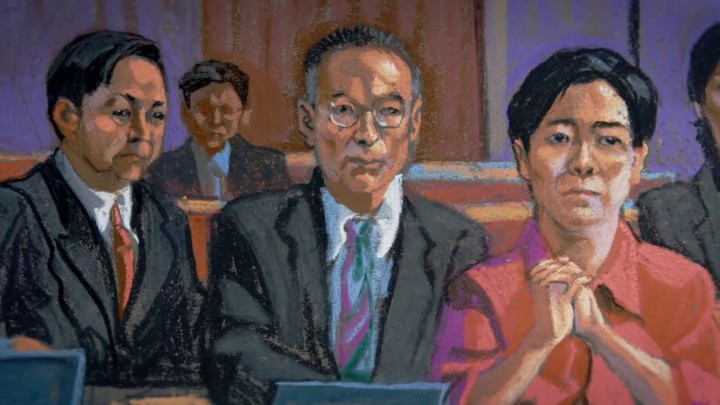
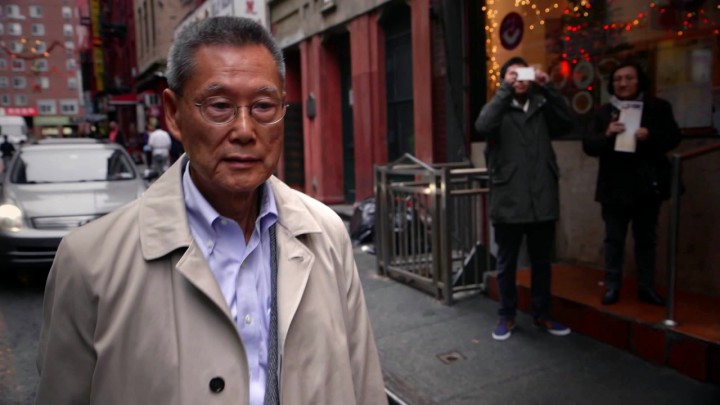
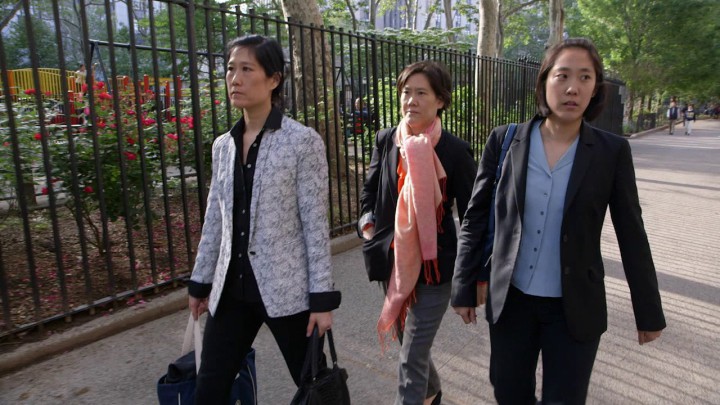
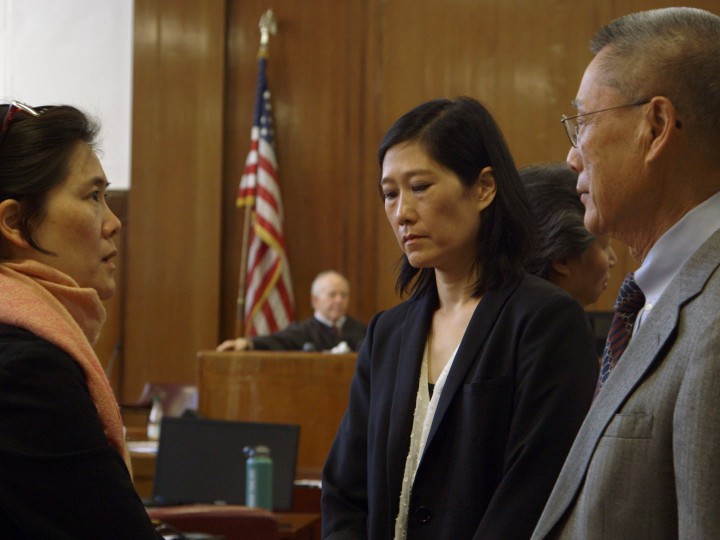
Before you comment
The comments section is here to provide a platform for civil dialogue on the issues we face together as a local community. Xpress is committed to offering this platform for all voices, but when the tone of the discussion gets nasty or strays off topic, we believe many people choose not to participate. Xpress editors are determined to moderate comments to ensure a constructive interchange is maintained. All comments judged not to be in keeping with the spirit of civil discourse will be removed and repeat violators will be banned. See here for our terms of service. Thank you for being part of this effort to promote respectful discussion.